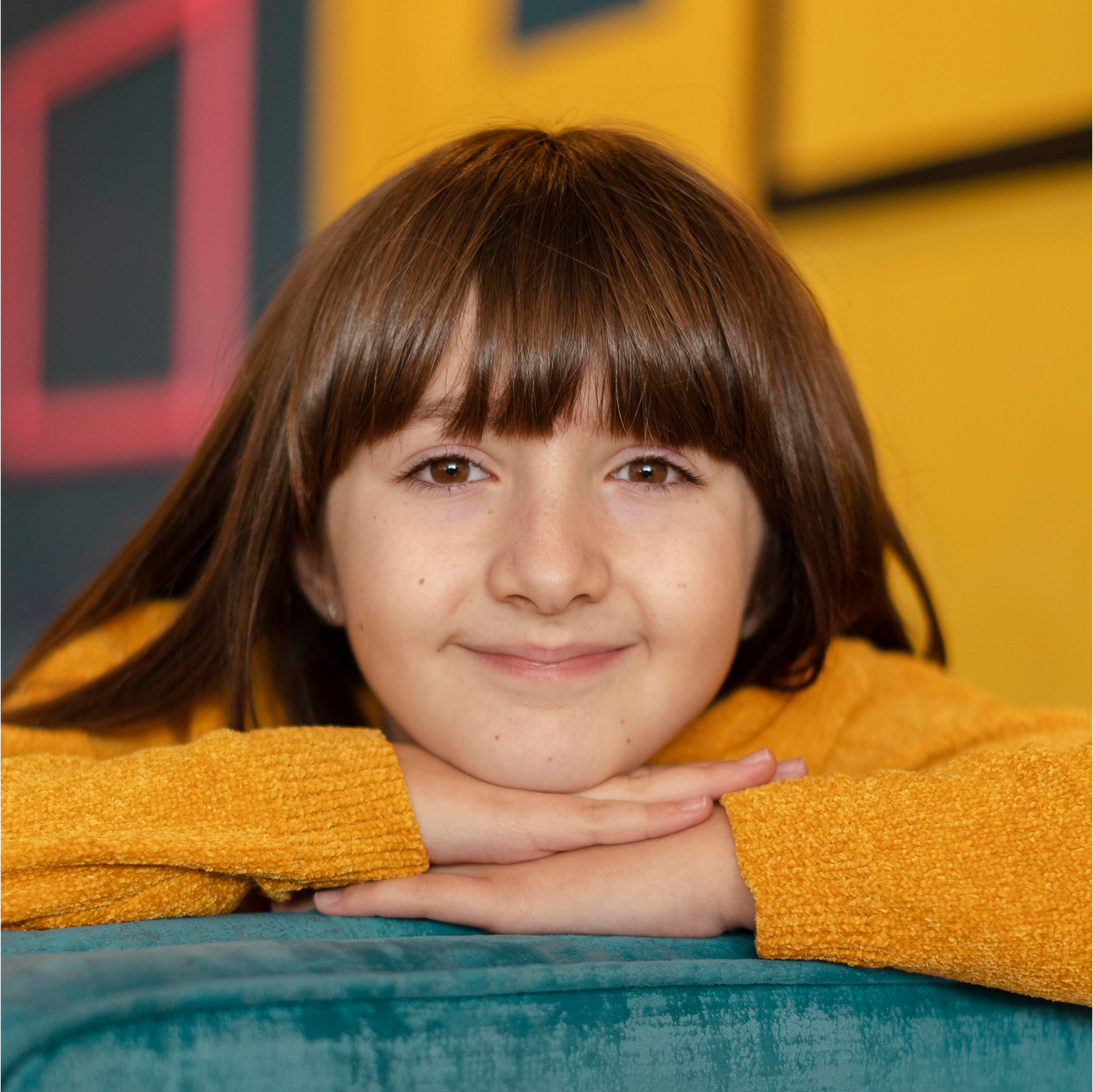Music Therapy

Promoting wellbeing, expression, and connection through Music Therapy
Helping children and adults enhance their wellbeing, communication, and self-expression—without relying solely on words or conventional therapies
.png)
Emotional Regulation and Mental Health Challenges
Difficulties expressing or processing emotions, anxiety, or low mood.
Use music to explore feelings, manage emotions, and improve mental wellbeing.
Communication and Social Interaction Difficulties
Limited verbal communication, social engagement, or responsiveness to others.
Encourage communication and social connection through musical interaction and non-verbal expression.
Developmental Delays and Disabilities
Delays in cognitive, motor, or emotional development due to conditions like autism or intellectual disability.
Support growth in attention, coordination, and social skills using structured musical activities.
Behavioural Challenges
Impulsivity, frustration, or difficulty with transitions and routines.
Create structured, rhythmic environments to support behaviour regulation and coping strategies.
Neurological Conditions or Brain Injury
Cognitive, sensory, or motor impairments following stroke, brain injury, or neurodegenerative conditions.
Stimulate brain areas related to memory, movement, and mood through rhythm and melody.
End-of-Life and Aged Care Support
Emotional, spiritual, and cognitive challenges in palliative care or dementia.
Enhance quality of life, evoke memories, and reduce agitation or isolation through meaningful music experiences.



.png)
.png)











